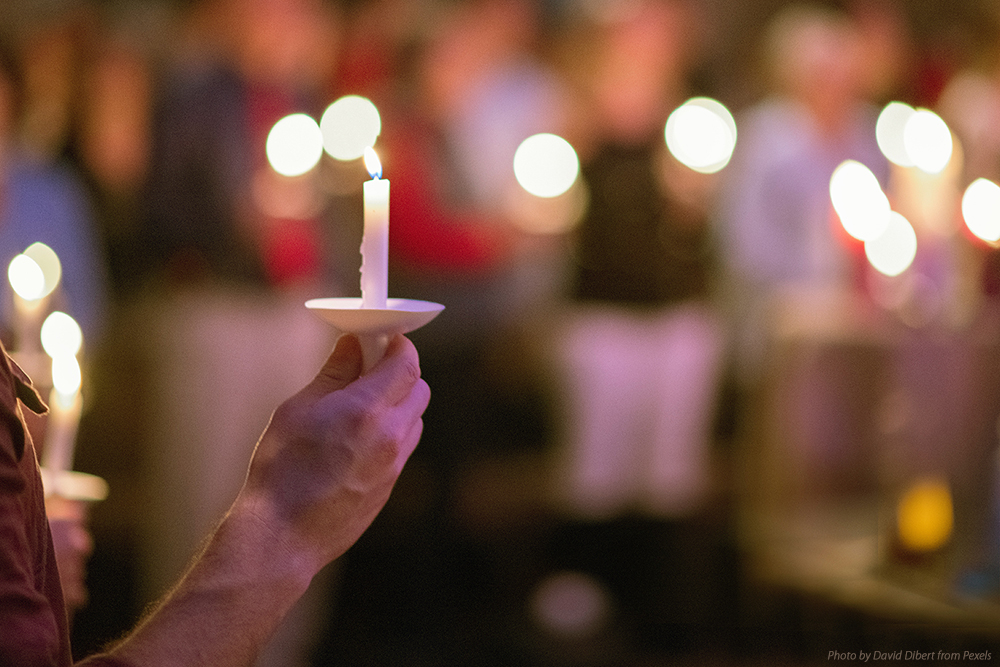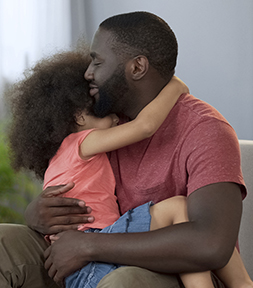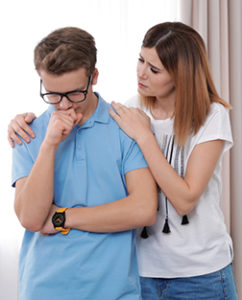
07 Aug 7 Tips for Active Parents when Talking with Children about Mass Shootings and Other Hate Crimes
The increasing number of mass shootings, often labeled “hate crimes”, is profoundly disturbing to most adults. The impact on children and teens is probably much greater. Whether the shooting occurs far away or closer to home, it’s a parent’s job to act as a filter for their children, help them make sense of violence, and develop strategies for reducing its psychological impact.
Sensational news coverage can create a distorted understanding of the world from a child’s limited perspective. It can magnify some children’s fears and leave them with a profound sense of dread. Others may bury fears under a cloud of denial, only to have them emerge later in harmful ways.
Active Parents have a host of effective parent-child communication tools at their disposal so that when these events hit the news, they can step in with explanations and answers. Here are seven suggestions to help parents take control of the news their children hear and explain it in a way that is true to their family values.
1. Manage your own emotions first.
Your child will pick up on your feelings whether you think you are hiding them or not. So, calm yourself and find your own internal courage to face adversity before talking with your child. This does not mean you shouldn’t show emotion. Your own sadness, anger, or resolve handled with maturity can be a good role model for how to handle strong emotions.
2. Reassure young children.
Most children under the age of about six are too young to understand the complexities of violence in our society. Keep them away from the news and conversations about the event when possible. However, if they do become aware of an event keep your talk with them simple and reassuring. Answer their questions and reassure them that they will be safe.
For example:
“What happened was very sad. A lot of people got hurt. But you don’t have to worry
about that happening here. We are all safe. ”
3. Help your child identify her feelings.
It is okay for children to feel scared, sad, angry, or other emotions when exposed to traumatic stories. Let them know that, and help them through those emotions.
For example:
“This can be scary. That’s why we have rules to keep us all safe, and why we try to be careful.”
4. Help older children make sense of what happened.
This will depend on your own values and spiritual beliefs.
For example:
“What happened was a terrible thing, and the person who did it had some very wrong ideas
about how to handle his problems. When things like this happen, we have to be there for each other
and all work together to stay safe.”
5. Talk to older children about what to do in the unlikely event that they are at an event when a shooting occurs.
Tragically, the odds that you or someone you know will be involved in mass shooting are going up. They are certainly still statistically very remote, but unless the current trend is reversed, it is important for your kids and teens to know what to do. The key is to have a plan of action that you hope you never have to use.
Because one of the best antidotes to fear is action, a good way to develop this plan is to make it a family research project. If your child’s school has a plan for school events, this is a good place to start. There are also many good articles by experts in this area for staying safer if you are in a public situation. You can find these on the internet by typing “What should you do to protect yourself in a mass shooting” or something similar. Then decide together which of these ideas will best fit your family.
6. Take action to end hatred, hate crimes, and mass shootings.
Again, action is better than fear in most cases. But even if you are not a natural activist, there are still things that you and your children can do to help end this epidemic of hatred and violence that is spreading throughout the world. Get your family involved in solving the problem by teaching tolerance and social justice to your children or writing your federal, state and local representatives on issues such as gun control and immigration reform. Again, a family internet search for ideas might be a good starting place.
7. Give your children a big hug and let them know how much you love them.
 Make sure they know why keeping them safe and healthy are the most important things to you.
Make sure they know why keeping them safe and healthy are the most important things to you.
Dr. Michael Popkin
Founder and President
Active Parenting Publishers

